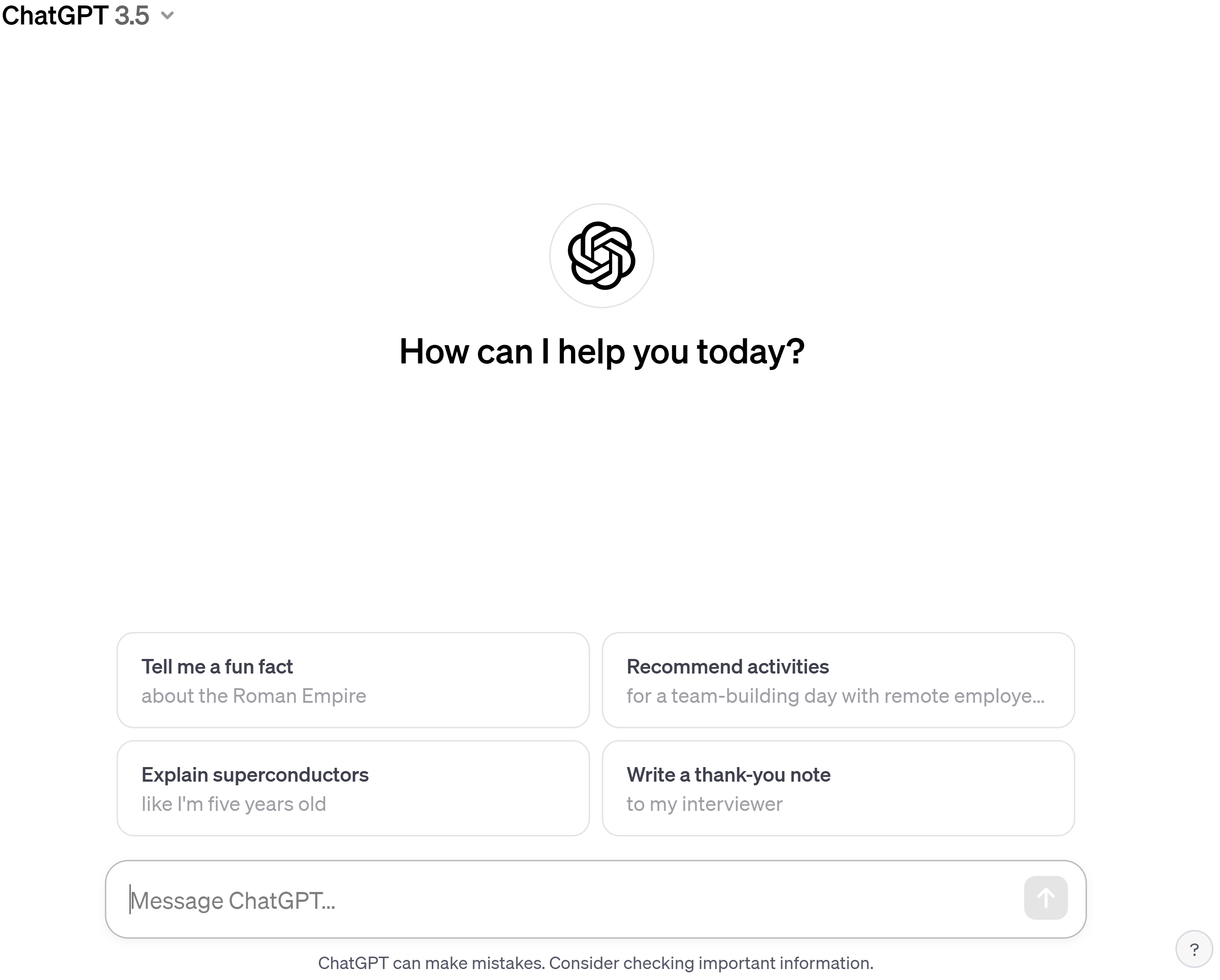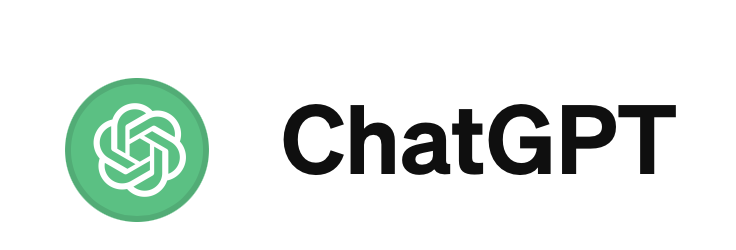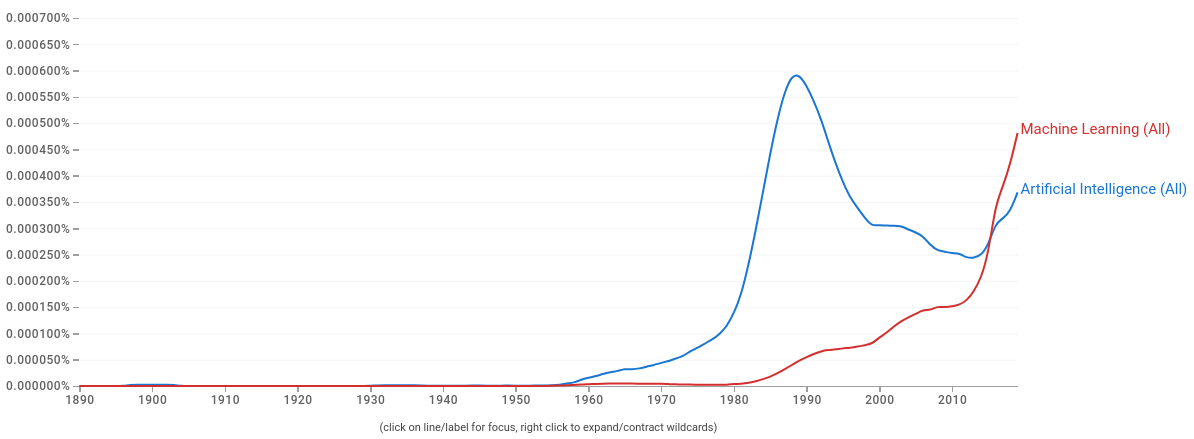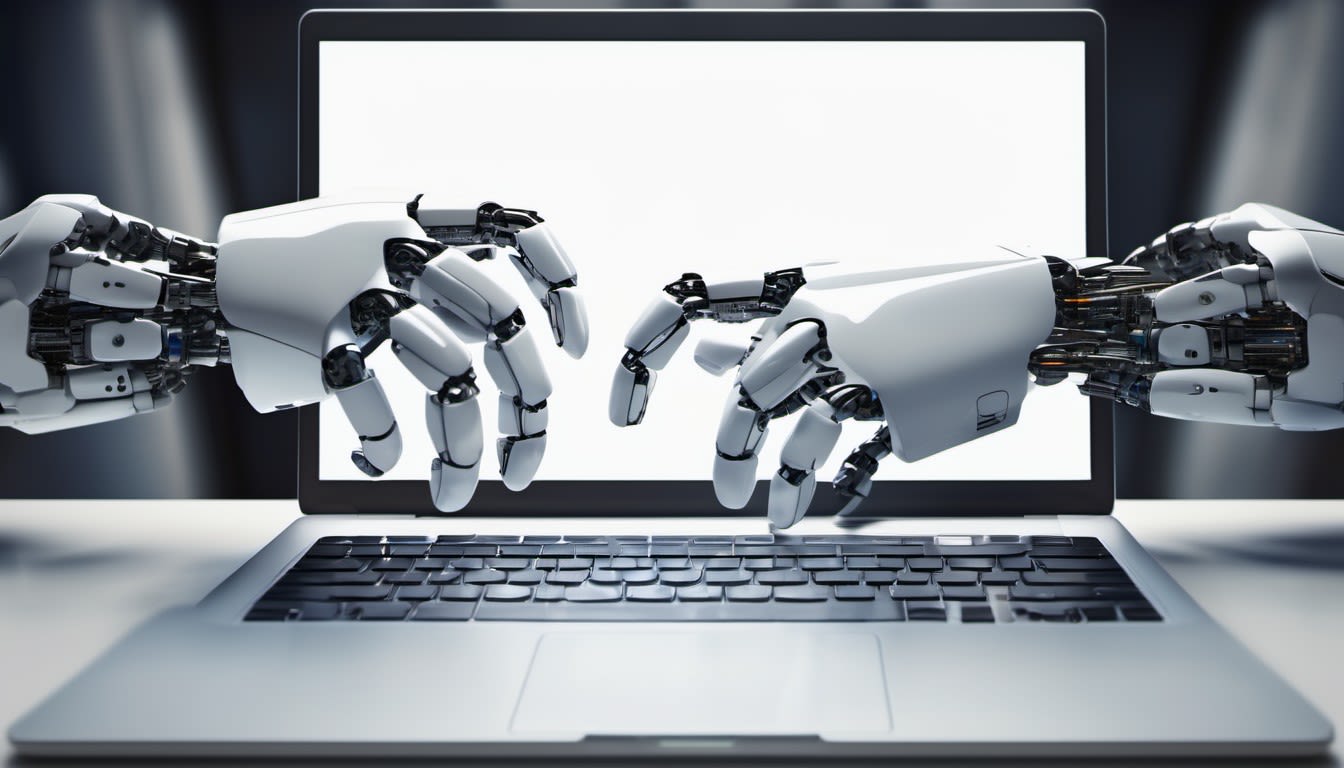

What is the essence and impact of AI?

Artificial Intelligence (AI) signifies the development of computer systems mirroring human intelligence, transcending basic programming. These systems, armed with advanced algorithms and computational power, adapt and improve over time, reflecting the dynamic nature of human learning.
The crux of AI lies in its capacity to process vast data, recognize patterns, and make informed decisions. Unlike traditional programming that dictates explicit instructions, AI systems employ machine learning, allowing them to learn from experience and adjust behavior without constant human intervention.
Neural networks, inspired by the intricate structure of the human brain, form the foundation for AI's learning process. Comprising interconnected nodes organized in layers, these networks process information, refining the model's understanding for nuanced decision-making.
As AI advances, its essence extends beyond mimicking human-like intelligence to surpassing certain aspects. Deep learning, a subset of machine learning, deploys neural networks with multiple layers, enabling intricate data analysis. This complexity empowers AI in tasks such as image recognition, natural language processing, and strategic decision-making.
In the essence of AI, innovation and ethical considerations intertwine. The challenge lies in designing algorithms and models that not only perform effectively but also adhere to principles of fairness, transparency, and accountability. Striking this delicate balance ensures AI's transformation into a force for good, contributing to advancements in healthcare, finance, education, and beyond.


What is generative AI creative revolution?

Generative AI, epitomized by groundbreaking models like GPT-3, has not only revolutionized the AI landscape but has ushered in a new era of creativity and innovation. It goes beyond mere assistance; it's about AI creating, whether in writing, artwork, or poetry. Yet, this surge in creativity raises questions about authenticity and the preservation of the human touch in artistic endeavors.
Rolf Kamp, a seasoned Social Engineer at AT&T and Computer Science Professor, sheds light on the transformative power of generative AI. "Everyone went crazy two Novembers ago when ChatGPT emerged as a new flavor of AI - generative AI, where we're going to actually be able to make something using AI and not just assist with something." This shift has triggered discussions, exemplified by the writer's guild strike over the summer, revealing the potential of AI to autonomously generate content, challenging established norms in creative industries.
Kamp emphasizes the specificity of generative AI in the realm of word-based, text-oriented creations. "When I say generative AI, I'm going after specifically word-based text-based stuff. Not artwork… With text, you could look at the types of words that are used and the frequency of words that are used and say, 'Yeah, a human didn't do that.'" This distinction highlights the unique capabilities of generative AI, particularly in manipulating and creating textual content with a level of complexity and efficiency that is often indistinguishable from human-authored work.
However, with the surge in creative potential comes a parallel concern regarding authenticity. Kamp notes, "There are ways to sniff around… This wasn't created by a human." The ability of generative AI to craft convincing content raises questions about the preservation of the human touch in artistic endeavors and the potential for misinformation.
In the realm of creative arts, generative AI has presented both opportunities and challenges. As generative AI continues to evolve, its impact on creative industries remains a subject of exploration. The ability to autonomously generate content poses exciting possibilities, but ethical considerations, transparency, and the preservation of the human touch in creative endeavors are vital aspects that demand continuous scrutiny and responsible use of this transformative technology.


How does AI impact education?

The surge in demand for AI professionals has prompted a paradigm shift in education. Educational institutions and online platforms now offer comprehensive courses covering machine learning, data science, and ethical AI development. These courses are designed not only to help individuals understand AI but also to equip them with the practical skills necessary to navigate the evolving AI landscape.
Matt Weisfeld, a knowledgeable figure in the field, shares his experience: "I literally taught my students how to do a paper using ChatGPT. They were surprised that I was promoting it… but they have a choice of rolling the dice and getting caught..." The integration of AI tools into educational settings reflects the recognition of AI as a valuable tool for learning and exploration.
The courses emphasize hands-on experiences, allowing students to apply AI concepts in real-world scenarios. Practical exposure to tools like ChatGPT showcases the diverse applications of AI, fostering a deeper understanding of its capabilities and limitations. The goal is not just theoretical comprehension but also the ability to leverage AI as a tool in various domains.
As the AI landscape evolves, education plays a pivotal role in preparing individuals for the challenges and opportunities that AI presents. The focus extends beyond theoretical knowledge, emphasizing practical applications and ethical considerations. The collaboration between educational institutions, industry professionals, and AI researchers is vital to ensuring that the workforce is not only well-versed in AI concepts but also capable of harnessing AI's potential responsibly.


What is the dual nature of AI?

While AI's benefits are extensive, contributing to enhanced efficiency and medical advancements, concerns linger. Ethical considerations, biases in algorithms, and potential job displacement pose challenges requiring thoughtful address. Historical parallels, such as the Industrial Revolution, underscore the need for adaptation to technological shifts.
"When people think AI is going to take over the world - yeah okay, right. Do you remember the conversation we had maybe 150 years ago? When the Industrial Revolution was just coming... we also had sewing machines..." - Rolf Kamp
The dual nature of AI is evident in its ability to revolutionize industries and, simultaneously, raise ethical questions. The advent of automation and AI-driven decision-making introduces challenges related to job displacement and biases in algorithmic systems. While AI contributes to advancements in fields like healthcare and finance, it also demands careful consideration of its societal implications.
Navigating the dual nature of AI requires a holistic approach that combines innovation with ethical responsibility. Understanding the potential risks and benefits is crucial for policymakers, researchers, and the public alike. Striking a balance between harnessing AI's transformative power and mitigating its potential downsides is an ongoing challenge that defines the responsible adoption of artificial intelligence.


How do we adapt with AI for the future?

As we celebrate AI's inaugural year, acknowledging its transformative potential while navigating ethical considerations is crucial. Collaboration between researchers, policymakers, and the public becomes imperative to harness AI's power responsibly.
In this dynamic landscape, AI transcends being a mere tool; it's a force demanding our attention, understanding, and adaptation. As our journey with AI continues, the true potential lies not just in its capabilities but in how we, as a society, choose to shape and guide its impact on our lives.
The ongoing dialogue surrounding AI's future encompasses a multifaceted approach. Ensuring ethical AI development involves creating regulatory frameworks that prioritize transparency and accountability. Rolf Kamp aptly compares the current AI landscape to historical shifts: "When people think AI is going to take over the world - yeah okay, right. Do you remember the conversation we had maybe 150 years ago? When the Industrial Revolution was just coming... we also had sewing machines..."
Drawing lessons from past technological revolutions, society must proactively adapt to AI's evolving role. Educational initiatives and upskilling programs are crucial components of this adaptation, empowering individuals to thrive in the AI-driven era. By fostering a comprehensive understanding of AI, we can navigate its complexities and contribute to shaping a future where artificial intelligence serves as a force for positive transformation.
As we stand at the intersection of AI's possibilities and challenges, collaboration and informed decision-making are paramount. The journey ahead involves not only embracing AI's potential but also safeguarding against its pitfalls. Adapting to the future requires a collective commitment to responsible AI use, ensuring that this transformative force becomes a catalyst for progress rather than a source of unintended consequences.

Welcome back to reality.
That whole article you read was all written by AI, even the titles.
You’re now reading the words of a real human (I promise, something an AI can’t make).
The purpose of the ChatGPT journalistic article was to show alongside the AI-generated media clips from popular individuals and tweets, articles like the one you read can also be made through the technology. The preparation involved conducting a few interviews (the quotes in the article were real people and real quotes), and spending quite a few hours on ChatGPT to conduct the article. After multiple error messages, patience for the article to be typed out onto my screen with every request, and many misunderstandings between the AI and my requests, I was finally able to get the software to use a list of quotes from the interview transcripts to create an article on the topics of:
As you may have noticed, the article did not necessarily answer all of these questions due to redacting information as I requested the software to expand on its answers to meet a more appropriate length of an article. Not to mention, it struggled with placing quotes within the article while simultaneously expanding its own content. And if you’d like to see the struggles it took to get to the final result, feel free to see a skim of all of the prompts here.
But what’s the point of all of this AI-generated content other than feeling deceived?
The point comes down to the importance of media literacy and AI education in today’s world. The role that AI plays in our world is evermore prevalent with some fearful by what the future has to offer while others are intrigued.
An example of this intrigue is the video game, Detroit: Become Human, which revolves around a world where human-like AI robots coexist in society. Within the game, there is an optional survey that asks participants how they feel about AI and machines, including questions about relationships with androids and technology threats.
How do your answers compare:
While the technology may appear newfound to many, most are unaware that AI has been present in our surroundings for quite some time. As Rolf Kamp, a former social engineer for AT&T and professor of Computer Science, said, “We each have [used AI]... Every time you look at your phone to unlock it, that’s AI.”
Hear Kamp's own words about generative AI and the Writer's Guild from a snippet of the interview (a privilege ChatGPT 3.5 can't provide).
Moreover, the concept of AI dates all the way back to 1943:
Despite the prevalence of this technology, our education and awareness has not evolved. Individuals that were interviewed and shown the fake audio clips of Donald Trump and Elon Musk did not question the content or material whatsoever. It emphasizes the need for society to hold a greater responsibility with media literacy and being informed of current events through more than one source.
Although it was ensured that every interviewee was told the content they were shown was not real afterwards, a larger concern was exposed of how most were unwilling to question the source. The same applies for the AI-generated tweets. Without proper independent research, believing in these sources can lead to the spread of misinformation (or the extreme reactions of some Barbie and Swiftie fanatics).
Additionally, the amount of literature on machine-learning and AI is visible through Google’s Ngram Viewer, which displays a graph of the amount of times specific phrases were written within a corpus of books over a range of years. When searching the phrases Machine Learning and Artificial Intelligence (case insensitive), it’s clear that the phrases aren’t significantly prominent until after the 1980s. And even then, the increase in words is seen in the ten thousandth of a percentage range:

The value of education on AI is essential to truly understand the breadth and capability of AI. Estania Blanc Doblas, a Computer Science student, expressed her opinion on AI education. “I think it would be beneficial for everyone to learn what AI actually is, and know that there’s AI everywhere. It’s not just what’s from the movies like they think of Terminator. That’s not how it works. Do you know how long that would take? ChatGPT can’t even do math properly and it took like a decade.”
Hear Doblas' own words about the future of AI from a snippet of the interview.
Irrational fears deriving from science fiction stories, such as Terminator, showcase the need for all individuals to understand artificial intelligence.
Another common fear surrounds the possibility of AI taking over jobs. Mat Weisfeld, an IT professor for Intro to Business Technology, described how that fear also relates to the importance of greater education. “I think it would be irresponsible for them [all students] not to learn about it [AI] because whether you like it, hate it, love it, or wish it was gone, it’s here; it’s going to keep on going and there’s a lot of good and there’s a lot of bad. If you’re going to be working with AI or the risk of an AI taking your job, I’d certainly want to know about my competition.”
Hear Weisfeld's own words about AI and education in today's world from a snippet of the interview.
It’s clear that AI is here to stay and will inevitably continue to evolve. But, it’s up to us as a society to choose to evolve alongside technology. This article is a sentiment showing that regardless of how advanced artificial intelligence may become, we are the ones that are in control of the software.
ChatGPT does not have the ability to create impactful data visualizations from multiple sources or the ability to seamlessly write an article without extensive help. Granted, more advanced models may be made; but AI will never garner the empathy that a human holds. As Kamp said, “I think it’s [AI] going to be just another change in our adaptation of technology that we will survive.”
Artificial intelligence is an accessory to humankind to further advance our society, not a replacement.
From one human to another, it’s time to become more aware and analytically responsible of our world, as well as more receptive of the evolving technology through education to fully harness its power.
By Riya Ajmera, Jackie Ferro, John Papagni, Yosef Davidowitz
Special thanks to HawkTV and Bryan Derr for filming the video
Article was created through ChatGPT version 3.5
Voice clips made with ParrotAI and Voice AI
Twitter clips made with TwiNote


